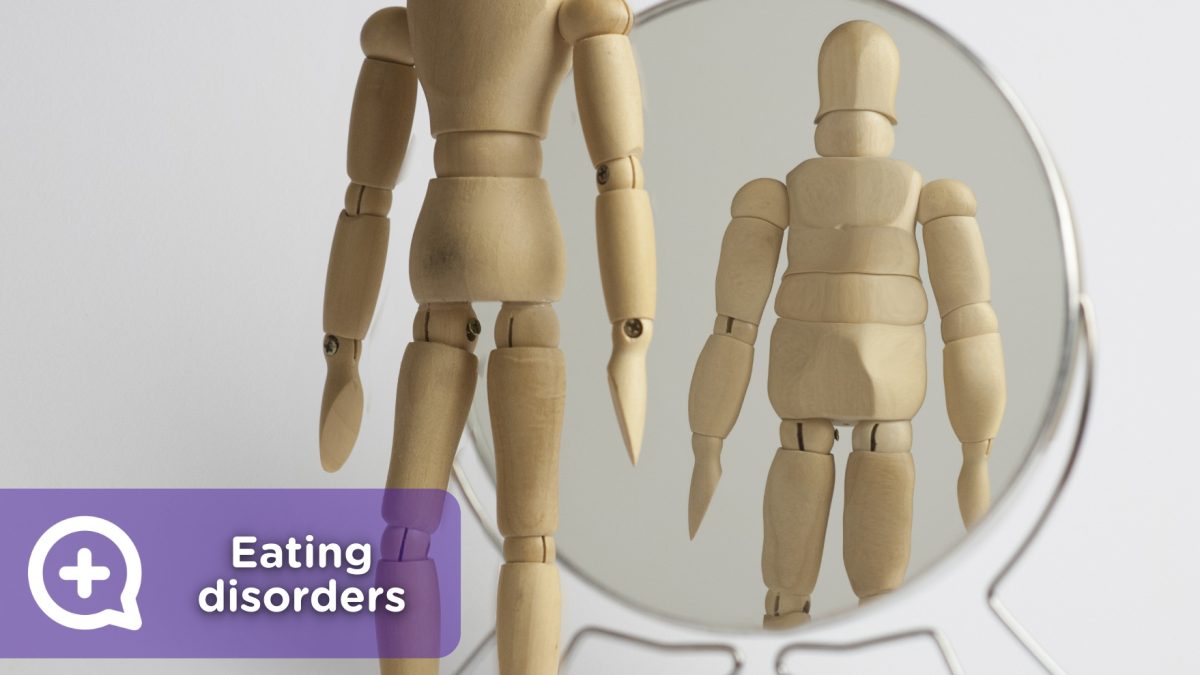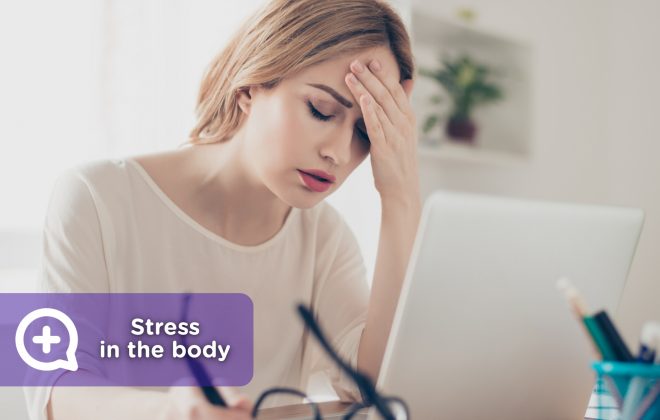Anorexia and bulimia are some of the most suffered diseases of this century. We always talk about it with women, but more and more men are suffering from it as well. Those who suffer from it cancel eating from their brain and those around them notice personality changes, insomnia, see them become more tense and the saddest of all are the changes and injuries that occur in the body. We will tell you how to detect these symptoms.
Eating disorders are serious diseases that usually appear in adolescence. Experts believe that one of the factors that has had the most influence on them is the obsession with thinness in the world of fashion, but it’s origin has many associated factors.
The two main disorders are Anorexia and Bulimia. Both have to do with food and one’s relationship with food, but they have some differing characteristics. Early detection is very important, since it increases the chances of being cured and helps to prevent the problem from becoming chronic.
How do you know if someone has Anorexia?
These signs can help and alert you of the problem:
- They eat smaller amounts of food every time
- They have an intense fear of getting fat
- Even though they are thin, they say they are fat
- Exercises in excess to lose weight
- Stops menstruating
- Goes to the bathroom after eating (usually to induce vomiting)
- Start using laxatives or diuretics to lose weight
- Changes their mood, gets irritated easily and at times feels depressed
- Becomes obsessed with the calories in food
- Denies having an eating problem
- Does not want to go to meals with family or friends
- Does not sleep much and has trouble concentrating
- Lack of interest in leisure activities
If they present several of these symptoms, you should talk to a specialist. Diagnosis and treatment is essential.
Analysis of eating disorders
Diagnosis of eating disorders: it usually consists of a physical, analytical, psychological evaluation and other studies to rule out problems in the bones or heart.
Treatment of eating disorders: usually carried out by teams of specialists in eating disorders that include doctors, mental health professionals and dieticians.
Risks of eating disorders: suffering from anorexia can be very expensive. You can have neurological problems, and problems in the stomach, in the heart and in the bones.
And what can I do to help?
Your help is essential, not only to detect the problem, but also during the treatment.
- Be understanding and patient; listen to their problems.
- Expose your worries, but without assigning any blame.
- Set an example with healthy meals and established meal times.
- Plan an activity after meals to avoid vomiting.
We know that it can be a long and difficult process, since they usually refuse to receive help because they do not believe they have a problem. Do not give up and keep in mind that you will always find support in teams of expert professionals. Ask them your questions and I am sure they will give you the best advice to move forward.
*Content validated by the mediQuo medical team.



